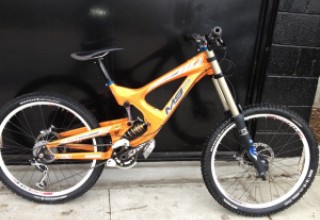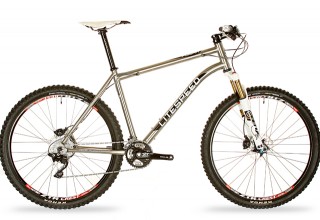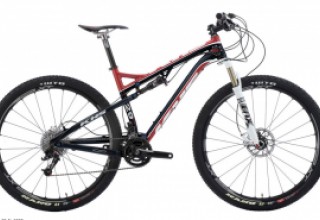Bike Attack Sheds Light On Quality Vs. Brand Name When Buying Performance Bikes
Online, March 27, 2013 (Newswire.com) - Are consumers paying for quality or brand name when buying a bike? Are all bikes made in China? Are bikes made in the USA really of a better quality? What should people look for in a bike manufacturer or in retail price? It's hard for many consumers to know what they're paying for in a performance bike in today's market. Bike Attack addresses this issue in their performance bike blog which is focused on bringing timely information to cyclists around the globe.
Bike Attack points out first and foremost that the majority of bikes are actually made in Taiwan, and that costly marketing campaigns attribute to a common misconception of where a product is truly manufactured. Taiwan is currently production epicenter of the bicycle industry, and has been for decades. Taiwan factories are capable of manufacturing high-quality bikes without the high price tag that many US bikes have. It may also shock people to learn that 99% of all primary bicycle brands manufacture their bikes in Taiwan, even some who claim to be made in the US!
Bike Attack goes on to state that advertising and marketing in the bicycle industry often makes it hard to determine fact from fiction and what the differences between price and quality truly mean. Lots of the big brands in the cycle industry spend more money for marketing than they do for quality manufacturing. This is the main reason why consumers believe that the "big brands" are the best brands. Unfortunately, this is not always the case. Bike Attack suggests researching the brand, its origin, and its manufacturing process.
With bicycles cheaper bikes definitely equal lesser quality and the bulk of these bikes all come from China. Bike Attack indicates that people can almost always tell if a bike comes from Taiwan or China simply by looking at the price tag. As a rule-of-thumb, bikes ranging between $200 - $300 are "cheap" bikes. The difference between these cheaper bikes that are made in China as compared to bikes made in Taiwan is exclusively the quality of craftsmanship and parts. The cheaper Chinese alternative is never going to last as long, perform as well, and it typically weighs more than a slightly more expensive Taiwan model.
There are always exceptions to the rule for which bike brand is better , and certainly not all bicycles are made overseas. Intense Cycles is the brand leader for US-made performance mountain bikes that are handmade in Temecula, California. Another good example of a high-quality US bike brand is Litespeed. Litespeed stands for the highest quality of titanium road and mountain bikes and are still hand crafted to this day in Tennessee. One thing is for certain: bikes that are handmade in the US definitely mean a higher-quality bike than a bike made in a factory overseas.
Unfortunately, the price tag of an Intense mountain bike or a titanium Litespeed is quite high. It's true that all high-end mountain bikes and road bikes are expensive, even the ones made in Taiwan. This is interesting information for bike consumers because a lot of high-end mountain bikes and road bikes made in Taiwan carry the same price tag as US-made brands like Intense or Litespeed, which are definitively of a better quality. What the consumer can glean from this is that the manufacturer clearly has a bigger profit margin built into the price for the Taiwan brands.
Bike Attack goes on to make bike buying recommendations as well as providing a few brand name comparisons that could save consumers money with the added benefit of better quality. To read Bike Attack's consumer information and comparisons about performance bikes such as Norco, KHS bicycles , Specialized or Cannondale visit:
http://blog.bikeattack.com/how-should-i-choose-a-bike-when-big-name-bike-brands-arent-always-better/




